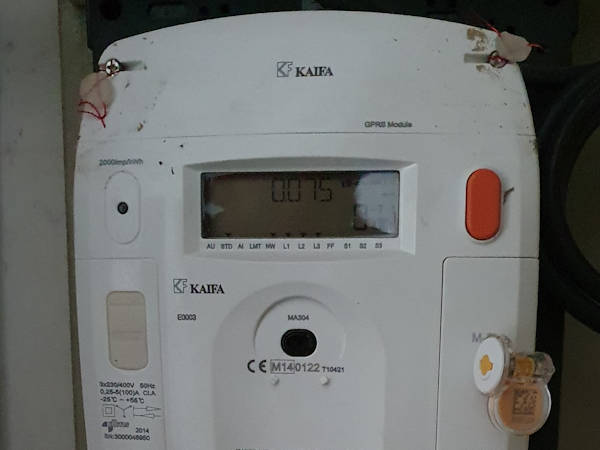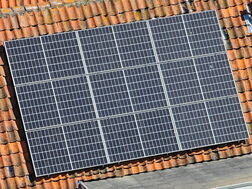The Dutch Competition and Consumer Protection Authority (Autoriteit Consument & Markt, ACM) has recently warned against misleading and aggressive practices by energy companies in customer acquisition. In parallel, the ACM has set new rules for termination fees for fixed energy contracts that will apply from 1 June 2023.
Energy markets are gradually recovering, and the variety of contract types and price differences are increasing again. While this development offers consumers more choices, it has also increased reports of misleading sales strategies. One example of this is consumers being contacted with the message that their current provider is about to go bankrupt and they need to switch quickly - an often untrue claim.
The ACM advises consumers to be wary of unsolicited telephone offers. Edwin van Houten, director of consumer affairs at the ACM, stressed the importance of carefully comparing offers with those from other providers before agreeing to a new contract during a sales call.
At the same time, the ACM has introduced new rules on termination fees for fixed energy contracts, which will apply from 1 June 2023. These new rules aim to encourage energy companies to offer more fixed contracts again. With fixed contracts, the price and duration of the agreement are fixed in advance, which gives consumers security and protects them from possible price increases in the energy market.
If consumers terminate a fixed contract early, they must pay the supplier a termination fee. The amount of the termination fee in the new system is, at most, equal to the loss the energy provider suffers due to the early termination. This system is intended to encourage suppliers to offer more fixed contracts again, not only for one year but also for more extended periods.
The ACM stresses that consumers should be cautious when signing a new fixed contract. As a contract is set from 1 June, the termination fee can be high if the price difference between the old and the new contract is large, and the consumer would still be buying a lot of energy according to the old agreement.





